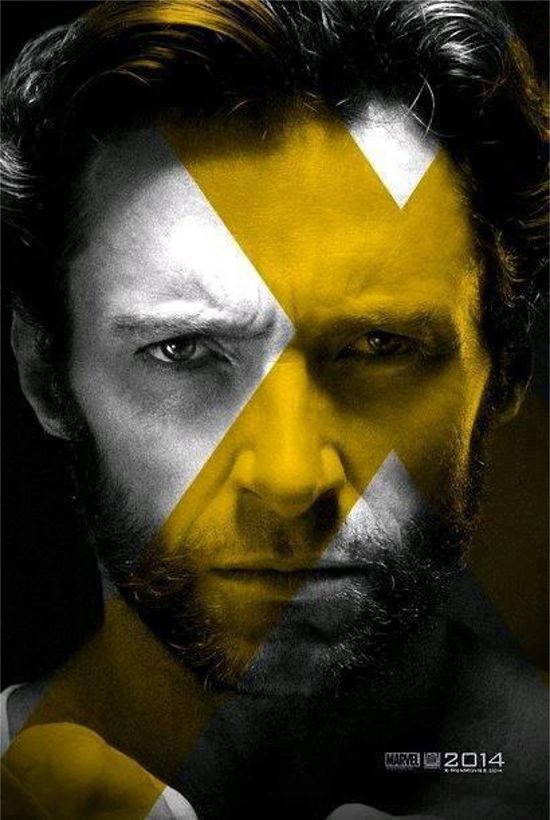Movie Breakdown: X-Men: Days Of Future Past (Noah)
People are doing traditional-style reviews all over the web, so we decided to try something different. In each “breakdown” we’ll take a look at what a film’s marketing lead us to believe, how the movie actually played, and then what we learned from it all. Read on!
The Impression:
After a stellar outing from the most underrated of superhero directors Matthew Vaughn, 20th Century Fox decides to play it safe with a return to the Bryan Singer sandbox. Though I’m worried about Singer infusing Vaughn’s crisp, cool take on the 1960s X-Men with his typical droll early 90s visual stylings, I’m more worried about the million different mutant cameos threatened.
The Reality:
X-Men: Days of Future Past is, to my great surprise, a great flick. Maybe it was the lingering stain of Brett Ratner’s X-Men: Last Stand or maybe it was just the generally lackluster quality of this summer’s blockbuster hits, but I was damn sure coming into this film that I would leave once again broken on the alter of crap-X-Men films. I was very, very wrong. Singer has made a film that not only bridges the gap between new X-Men and old X-Men, but manages to touch on the very history of these beloved mutants. Magneto, Sentinels, Junkie Professor X, Boliver Trask, a whole shit-ton of X-Men, Quicksilver (sans superhero moniker), a floating baseball stadium, Richard Nixon, assassination theories – the list goes on and on. Singer has taken a whole heaping cartload of disparate story lines and done an outright fantastic job of bringing them together with meaning and thematic resonance. Unlike another film that came out recently starring a bunch of cardboard cut-outs and a pretty lizard, Singer walks the fine line of emotional breakthrough and enormous set-pieces with an aplomb that I couldn’t have imagined from the man who made Jack The Giant Killer. The characters in this film, and it’s a long, dense film, are given the opportunity to breath, to have conversations, and to grow, amongst the metal bending and giant robot fighting. It can’t be easy, but Singer manages to make this movie both, as the great John Laird said, “the most comic book-y of Marvel films so far” while making it powerful and interesting. Sure, Singervision pops up a little bit in the future setting with it’s cheesy stained-glass, and misty Chinese mountaintop, but for the most part this film even looks great, with Singer using found footage and “primary sources” to help elevate the period film. I haven’t even got to the amazing performances – especially Evan Peters as Quicksilver (breakout performance) – but seriously, if you like big budget, well done, impressively nuanced comic book action, go see this movie.
The Lesson:
Bryan Singer you’ve proved me wrong. I cannot wait for the next entry in this series.


